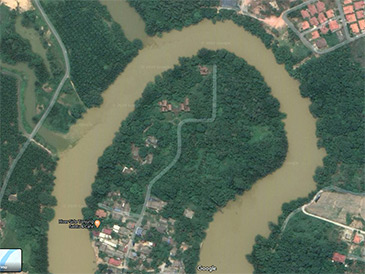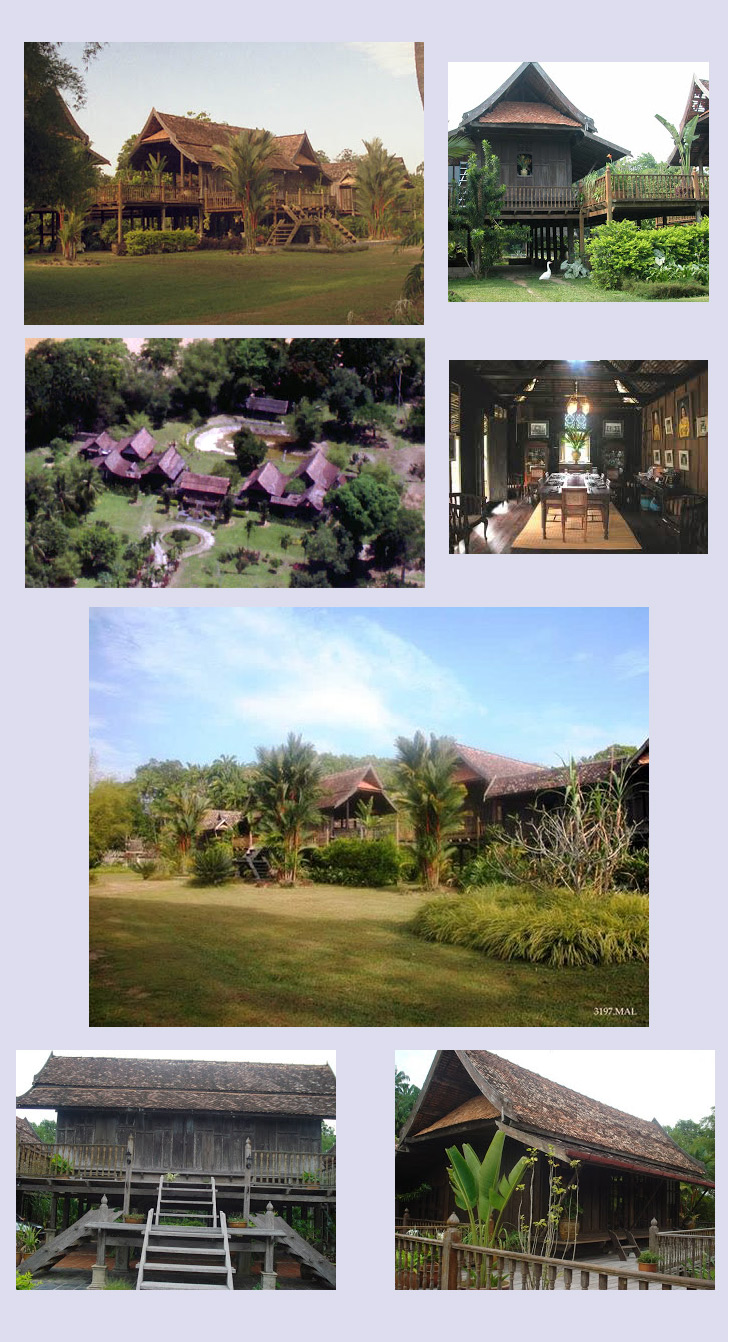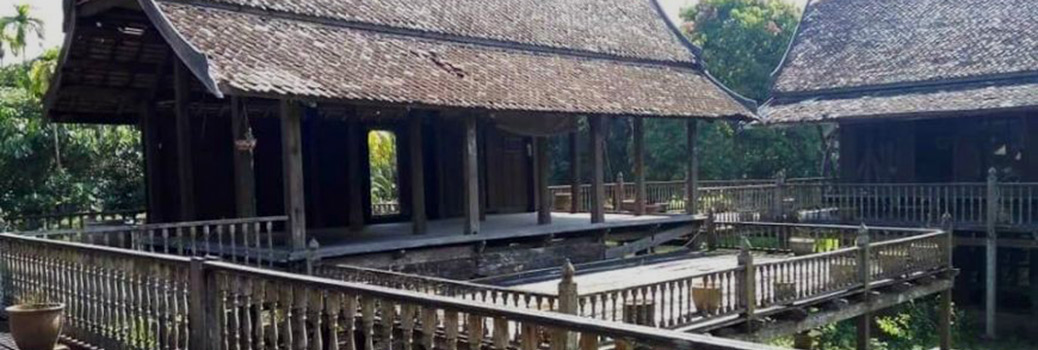…A Trip Not Taken.
And you’re thinking – He’s finally flipped. He’s going to write about someplace he’s never been! Not so. I’m going to write about a place I visited a long long time ago, and had intended revisiting this month.
I’m sure you can figure why I didn’t go. The dreaded Covid-19 virus.
At the beginning of the month, it was time for my regular visit to the Royal Thai Consulate in Kota Bharu. That’s tucked away in the NE corner of Malaysia. I was going to extend the trip southwards with another slog to Kuala Terengganu. Despite what I once wrote about never again tackling the appalling traffic on the two lane road, there was one place I really wanted to visit. Actually two places, but one in particular.
But governments had other ideas. I could write a whole book about what happened next, but here’s the seriously abridged version…
Near the end of March I could sense the world was changing rapidly, and that quite soon countries would isolate themselves and lock down their citizens. With that in mind, I asked my Business Consultant to prepare the visa paperwork ahead of time. I realized a few days validity on my current visa would be wasted, but better that than getting stuck without a visa. Countries don’t treat illegal aliens kindly. But almost as soon as I had the idea of going early to Malaysia, they closed the border. Thailand did likewise, and the Consulate stopped issuing visas. I planned a trip by air to Laos. A bit expensive, but I like Vientiane, and short vacation sounded nice. Next day, Laos stopped issuing tourist visas and the Thai consulate stopped issuing any visas. Hmmm.
My business guy arranged for a visa to be issued by Immigration in Phuket, which is where the company is registered, but compared with Malaysia, this was an expensive option. It also meant visiting an area where the virus was spreading rapidly. It probably would have meant an overnight stay. As I made plans, the Governor of Phuket closed the island. I was slightly relieved. Again my business guy jumped into action and, due to the extenuating circumstances, it was agreed Immigration would issue a visa without me being present. Next day, that office stopped issuing visas.

It’s at this point you realize that to live the life of a long-term expat, you have to be a special kind of stupid. I had four days to find some kind of visa, or get the hell out of the country on any flight I could find, and at any price an airline cared to charge, leaving my whole life behind; or risk being arrested and deported. Phone calls were made, a visa was obtained and issued the day after I became illegal. Not the visa I wanted. But I am legally a resident of Thailand again.
The next day the government announced an amnesty and decreed that anyone who had had a legal visa mid-March could stay without an extension. Right decision. Wrong timing. Much sweating, sleepless nights and a large amount of money had been wasted. What did I say about stupid?
But, back to the story of where I had planned to go, which actually begins about twenty-five years ago. I have to say “about” because I have no reference point, and the old brain cells don’t allow me to pinpoint the exact year. Not that it affects the story any…
Twenty-five years ago I lived in Malaysia with family units of wife and son. We, along with a small group of other expats, were invited by Tunku Munirah (better known as “Mimi” – not to be confused with Mimi) of Negri Sembilan, to visit Kuala Terengganu as special guests of Tengku Ismail. At this point, for readers not familiar with Malaysian royalty, a few words of explanation would be in order…
The title Tengku or Tunku is equivalent to Princess or Prince. So is the word Raja. Someone who is or was a direct descendent of the Sultan of their State. If I was being really formal, I would prefix their names with Y.M. for Yang Mulia – roughly Honorable Person but the equivalent of Her/His Majesty. I’m not often formal.
As we were to discover, Tengku Ismail was not particularly formal either. He also had something of an artistic leaning. Unfortunately I have to say “was” and “had” as he passed away after a short illness in London in 2011. Figuring his year of birth has not been easy. One website helpfully tells me “estimated between 1922 and 1972.” Seriously? But another is more informative and says he was 58 in 2009. So I guess he was 60 when he passed away. Which is probably all we need to know.
Among his many artistic interests were Songket, which he designed, and Wayang Kulit about which I might write another day. The main thing I remember from the trip was his collection of buildings. Yes, strange thing to collect, but centuries ago, most buildings were of a wooden construction, built without nails, and could relatively easily be taken apart and moved. So he did.

He owned a piece of land in Terengganu. A thin strip of land contained between a meander in a river which is nameless on both Google Maps and Google Earth…
Here, he rebuilt – well, not personally, but with a team of carpenters – a whole village of old wooden buildings, and rented them to artisans, for a nominal fee. At the time of our visit, work was well underway, and the air was filled with the sound of chain, circular and hand saws, along with the inevitable smell of sawdust. Apparently later, he constructed his own home here, and also rented some of the buildings as a kind-of homestay.
I’m afraid I have no photographs of my own. I’m not even sure I owned a camera in those days. Here’s some I’ve “borrowed” from other websites. Many sites contain the same photos, so I assume they are not copyright protected…

Sadly though, after Tengku Ismail passed away, the place fell into disrepair. In this part of the world, anything left unused for even a few weeks, will be encroached upon by the undergrowth and will disappear into the general landscape. Also, due to the surrounding river, it was easy for unscrupulous people to arrive by boat and run away with anything they could find.
But, there is a silver lining – of sorts. In recent years, the local population has been allowed to grow banana trees on the land, and in the process of clearing, the cluster of ateliers has been re-discovered. It seems there are moves afoot for the State Government to take an interest with a view to restoring the place to its original purpose, plus housing a cultural museum. Fingers are crossed.
Talking of Tengku’s home though, at that time he lived in a large beachside residence, and our small gaggle of expats had been invited for an evening barbeque. So we turned up en-masse at about 8pm only to be met with blank stares from his household staff. Although it was never admitted, we were sure Tengku had forgotten the whole matter. But we were welcomed warmly, staff were instructed to light barbeques and find food, we were plied with a variety of drinks, and somewhere around 10:30pm we were able to eat.
Not something to be forgotten. And, hopefully I’ll make my way back there soon, not for the beach barbeque supper, but to discover progress on renovating the buildings.

